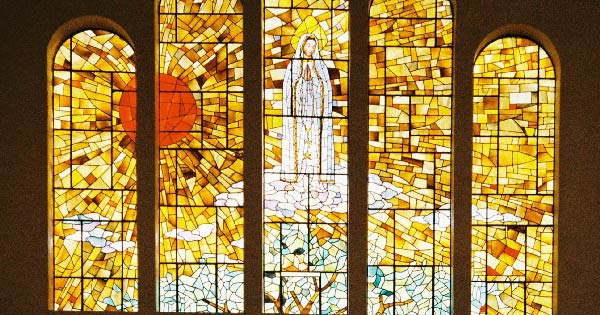Are there parallels to the Resurrections in other cultures?

Even in ancient times, critics of Christianity noticed some parallels between Christian beliefs and pre-Christian myths. In the late second century, a philosopher named Celsus charged, “The Christians have used the myths of Danae and the Melanippe, of the Auge and Antiope in fabricating this story of virgin birth.” The same philosopher compared the resurrection of Jesus to the mysterious disappearance and return of a well-known poet. In more recent times, sceptical scholars such as Marvin Meyer and Robert Price have claimed close connections between the resurrection of Jesus and the myths of dying and rising deities that marked many ancient myths and mystery cults. Here’s what these critics contend: The most marvelous claims in the Gospels—a miraculous birth, for example, as well as the idea of a deity who dies and rises again—are paralleled in religions that predate Christianity; therefore, early Christians must have fabricated these miracles based on their knowledge of other religion...


.jpg)




